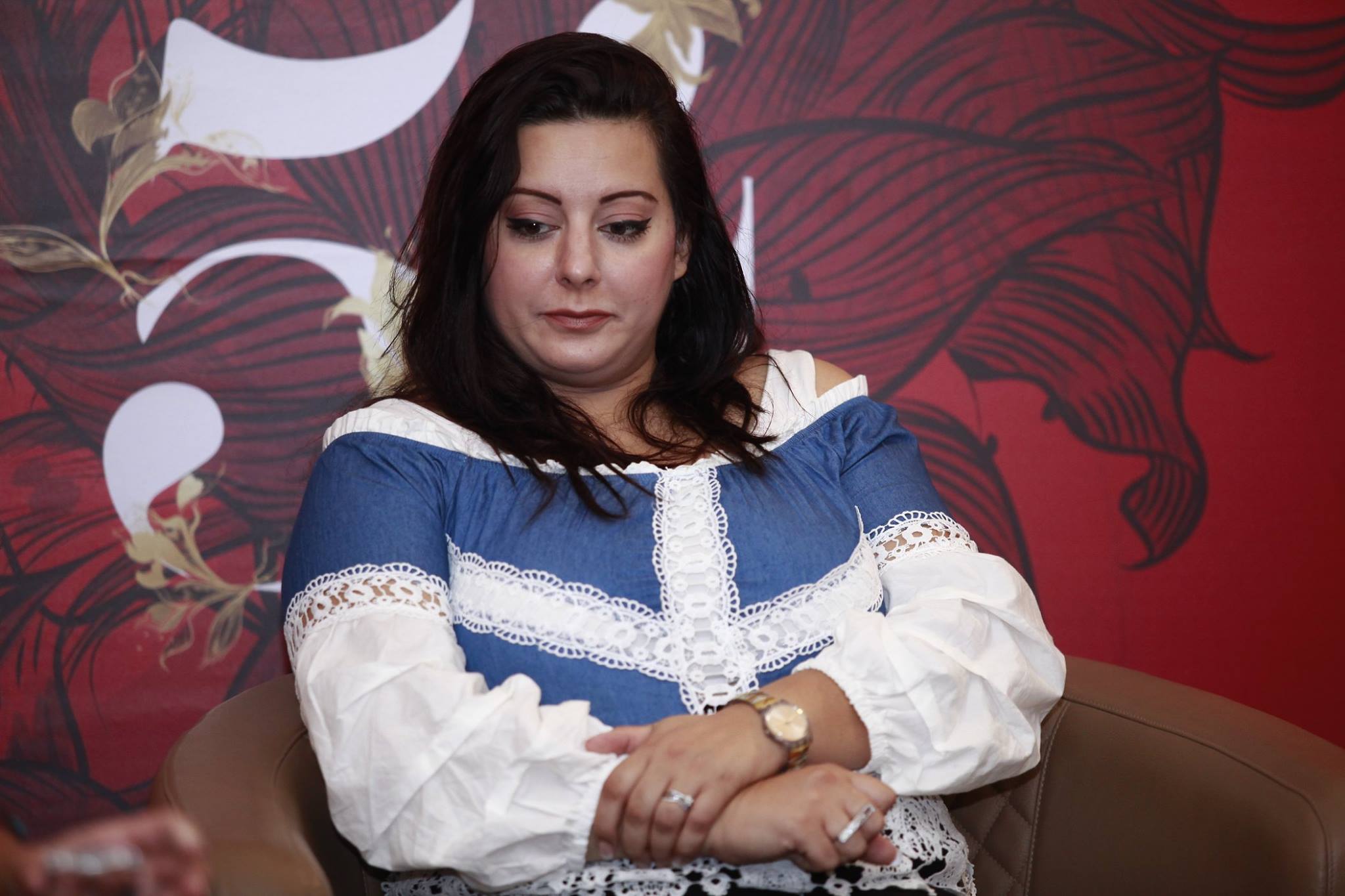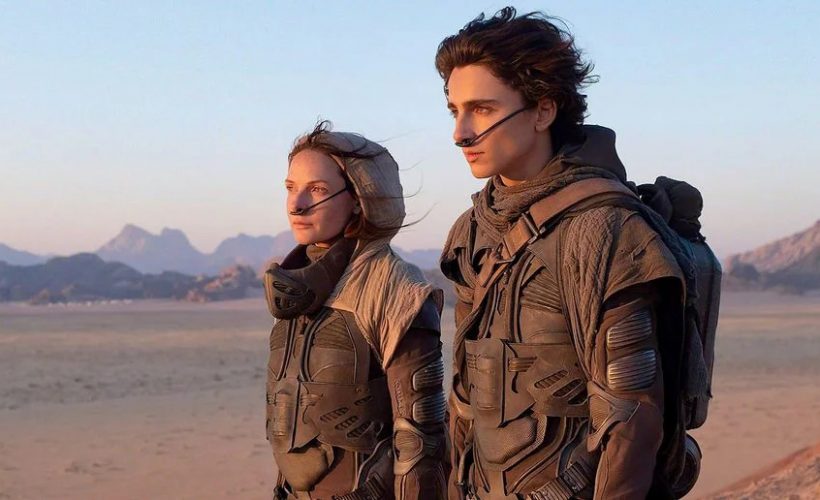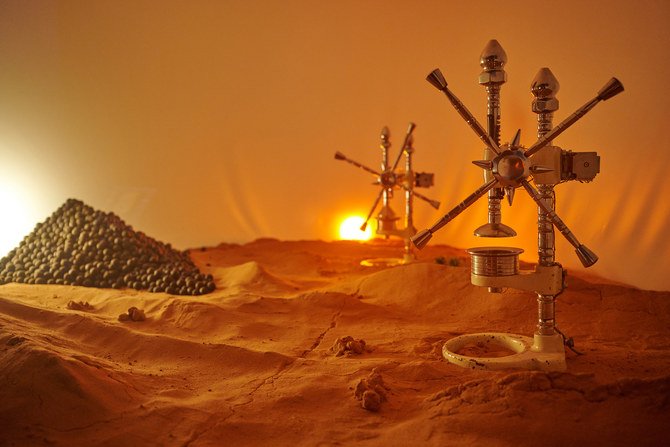Lifestyle
10.24.2019
Cyrine Gannoun, the future of Tunisian theater

At only 37 years old, Cyrine Gannoun wears many labels. Actress, producer, theater director, but also the founder of a festival. Tonight at the Institute of the Arab World, she stages “The Raft”, stories of sinking souls who seek their salvation in Europe.
It is hard to talk about the career of Cyrine Gannoun, without mentioning her father, the famous Tunisian playwright and comedian Ezzedine Gannoun. With training in theater from La Sorbonne in the 80s, he returned to his country where he founded the troop of organic theater. Despite the authoritarian regime of Ben Ali, he managed to create and stage several plays. Later, in 2001, he launched the Arab-African Center for Theater Research and Training, the first pan-African theater training organization.
Yet, it is against the will of her father who wanted to protect her from the artistic lifestyle, that Cyrine Gannoun decided to follow his steps. Following him, she studied in France but she quickly surpassed her master with training in movement anatomy, as well as a degree in management of cultural industries. Talents that she is using today as the director of the El Hamra Theater and the Arab-African Theater training center. A way also, to pay tribute to the thirty years that her father has spent to develop the Tunisian theater, in helping the future generation through production and training.
Last March, you have launched a new theater festival in honor of your father Ezzedine Gannoun. What is his mission?
I called this festival “the life cycle of the El Hamra theater” because it is a place that offers both a training space for actors, the means to produce their creations and also a platform for international distribution of their work. His originality is that it offers an Arab-African competition. Its goal is to run productions internationally and to showcase the talents of the region. Last year’s winners have already been programmed at festivals.
![]()
“The raft” is a play that your father imagined, just before his death. Was it difficult to stage it without him?
A little before his death, my father shared with me his desire to make a play about illegal immigration. He took a sheet of paper and started to sketch a raft to show what he wanted to do. A drawing that is on the poster of the show today. When he died on March 2015, the Director of the International Carthage Festival invited me to stage this show for the opening ceremony of the next edition of the festival. To bring this raft to port, I was accompanied by Majdi Boumatar, a Lebanese actor who lives in Canada and was very appreciated by my father. Illegal immigration is a slippery subject that everyone is talking about and we didn’t want to fall into the stereotypes. Beyond the escape of economic issues or political oppression, there are a thousand reasons that drive people to risk their lives in order to flee their country. That is this variety of causes that we wanted to show.
How did you manage to collect all of those stories?
Our theater in Tunis is located in a shopping street where there are many street vendors. No need to go further than down the street to find stories of people who want to or have left Tunisia. We spent time with a young supermarket security guard who had already tried to flee three times. He agreed to talk to us during his lunch break. I came with my camera and my comedians and we sat down, listening to him telling us his story while he was eating quietly his sandwich. The team was so moved and he was telling this tragic story as if it was a fairytale. My actors and I used it a lot in the writing of our characters.
What do you think of Tunisian theater today?
It is a very pioneer theater in the region. We are in a country where there is a real effervescence with a lot of companies, which shows a real interest in theater. At the same time, there isn’t a solid system as it can be in France with programmers, producers, and turners. We are lacking structures and this is what we have to develop in the future in order to create a new generation of professionals who can flourish in the real industry.

Is it difficult to sell “Arab” theater without falling into clichés and Western representations of art in the Arab world?
When we are scheduled in an international festival, it is unfortunately not to talk about the new technology and its impact on the brains of children, or the sinking of the institution of marriage over the world, which are topics that are also important to me. People expect from us something that confirms our difference. But I refuse to talk about the cliches of political oppression or sexual minorities in the Arab world. My show seeks instead to break the clichés about migrants and if I talk about homosexuality I would deal with as I would do with any other story. I am not interested in working with people who are only interested in my location.
popular

